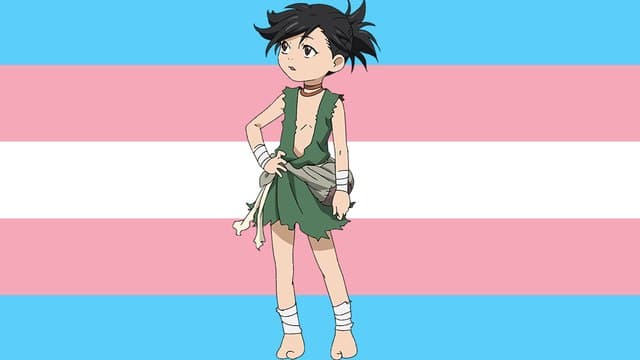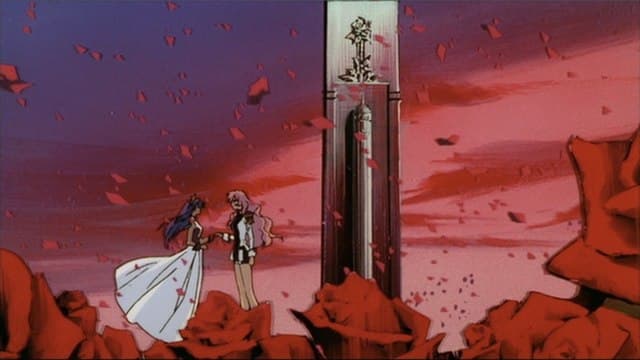Kiro’o Games wants to break out onto the international gaming scene in a big way. Not only is it releasing the first ever fantasy RPG from Cameroon, but founder Olivier Madiba wants to be the first African game publisher, bridging the gap between his continent and the rest of the world. He says this at PAX East, surrounded by the of thousands of game fans and small groups starting to crowd around the small setup at the Indie Megabooth.
Aurion: Legacy of the Kori-Odan is the studio’s first game: a two-dimensional action RPG that draws inspiration from African folklore. The story involves a prince named Enzo Kori-Odan, whose wedding to Erine Evou gets interrupted by a coup d’etat. The two get exiled, and go on a quest to retake their throne. You play as Enzo, but throughout battles, you can call upon Erine, who can aid you and deal devastating attacks.
The demo available at PAX showcased the game’s colorful, hand-drawn art style, and its combat system, which relies on a mix of button combos and shifting between the two characters to get the job done. The characters’ goals and story arc were unclear, especially since Madiba, who isn’t a native English speaker, wanted to keep aspects of the 20-hour story a surprise (“I challenge everyone to try this, try to predict what will be the next step. No one can do that,” he said).

While the game relies heavily on previously-told legends, the team still added a lot of their own touches. It has new Gods, takes places in a whole new universe, and tells an original story. Madiba said that the studio didn’t want to rely on tropes such as ninjas. It wanted the game to stand out and make a statement in a crowded indie industry.
“We said we have to be original with our completely own folklore and composite in a world and universe sandbox,” he said.
As vague as Madiba is about the narrative, he said that it’s ultimately about the main character’s path towards inner peace. It’s a spiritual journey more than a physical one, even if the majority of the game is physical in nature.
This is where Kiro’o Games wants to expand. Kiro’o Tales, according to the company’s website, is the next stage in telling African stories, by creating locally-inspired games and bringing them to a wider audience. A future publishing company would combine elements of African culture and create works that can pertain to the lives of people from anywhere.
“Very few works dwell on the fantastic or progressive possibilities of this culture,” it states. “We therefore believe that in order to continue the work of those who worked before us, we can pave the way for an African culture which sublimates itself.”
Madiba, who’s from Cameroon, says that there isn’t a games industry in his part of the world. There is little competition in central Africa, and a small audience for games and similar products, most who can’t afford to play games. Aurion itself has been in development for around 12 years, More intense development started at around 2013.

While the South African indie games scene is gaining prominence thanks to games like Broforce and Viscera Cleanup Detail, and has been steadily growing for years, spaces in countries such as Cameroon, Kenya, and Ghana are small and determined to succeed, but are often struggling. Maliyo Games of Nigeria and Black Division Games or Kenya are two other studios pushing for success. A Gamasutra report states that while these companies are popular in the press, it’s often not translating to financial gain. The CEO of Maliyo, for instance, still has to supplement his income with outside consulting work. Kiro’o was able to raise money after a successful Kickstarter, but it’s too soon to tell if the studio will be able to continue in completing its other goals. The marketing is towards outside areas because of this uncertainty locally.
“Your audience will not be in Africa for now since there is a middle class coming, but we don’t have that yet,” Madiba said. “Our country is still rising.”
Aurion, which is already available on Steam, is for outside customers. Yet, Kiro’o, whose name comes from the Swahili phrase “Kiroho Maono,” which means “spiritual vision,” is set on appealing to a more universal trait. Through the events of the game, Madiba hopes that players can find their own inner path. It’s not just about making a game that portrays African culture, even though that’s a huge part of the company’s motivations. It’s about breaking through the wall of exoticism that we as Americans put up around Africa. This is especially true in games, which have featured more African stereotypes and mysticism than telling stories of people.

“We are in this era where everyone wants to be special,” he said, gesturing to the large crowds at PAX. “Everyone will want to be the one and everyone will want to have ten thousand followers on Twitter … We wanted to show a little bit of the path to the inner quest, an inner path based on African wisdom. We can mix it in with their own American way and they can grow by playing the game.”
Madiba hopes that the company can continue to break down these barriers between continents and cultures, and not just through creating original works, but to help outside pieces to become more accessible. For now the game is playable in English or French on Steam for $20.
Carli Velocci is the editor of her webzine Postmortem Mag, and is a culture and technology writer seen at Paste Magazine, Motherboard, the Boston Globe, and anywhere else brave enough to publish her. You can read more of her work on herwebsite or follow her on Twitter @velocciraptor.


